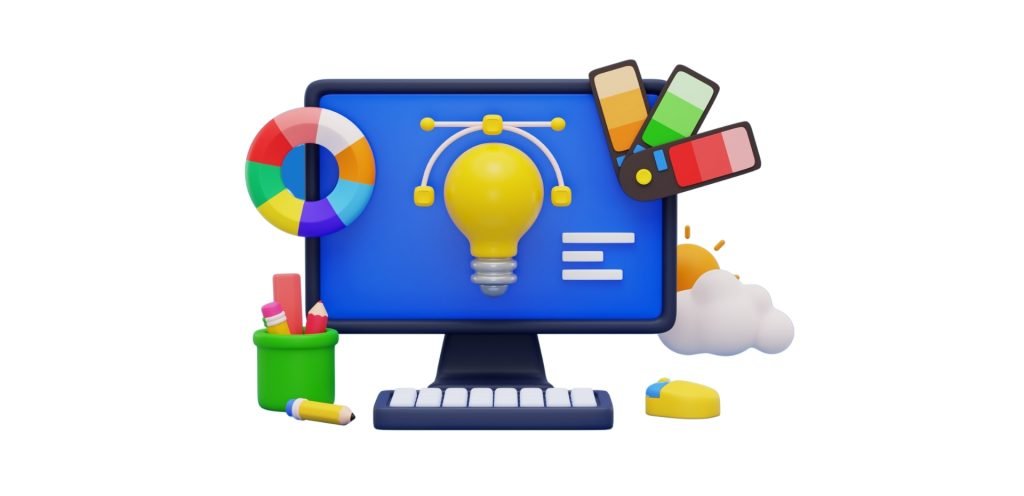E-commerce is the future of businesses, they say. Rightly so, the e-commerce websites need to keep evolving themselves in this era.
E-commerce websites are internet portals that help facilitate online transactions of goods and services via the website’s transfer of information and funds. Just about anything that necessitates transactions can now be completed online using a single website. We come across these websites everyday. Some examples may include Myntra, Amazon, Flipkart, Ajio, etc. But how is the best ecommerce website distinguished or becomes our favourite? Let’s find out the must have features for an ecommerce website for 2022.
Checklist for 10 must have features for ecommerce website for 2022
User friendly
Simplicity should be a purpose in good design, and it does not have to be at the expense of elegance. According to studies, 76% of consumers consider ease of use to be the most important feature of a website. The goal is to assist shoppers in getting to what they want quicker and without facing layers of complexity that can clog the route to purchase.
Online sellers have only a few minutes, if not seconds, to make a sale. Concentrate on the customer experience by including shopping filters, categories, and comparison tools.
Wishlist
On the website of an online retailer, a shopping cart is a piece of software that facilitates the purchase of an item. It receives the customer’s payment and arranges for its transfer to the merchant, payment service, and other parties. Obviously, a shopping cart is an essential component of any ecommerce site. The upper right corner is the best place to put it.
Shopping cart
The shopping cart is where your customers store their products in order to complete the checkout. A versatile cart allows both visitors and registered users to check out. The visitor checkout, on the other hand, does not require the user to sign up on the site, making the process faster.
Search Bar
If you properly optimise your search bar, it could become a powerful tool. While straightforward navigation is critical for your website’s progress, including a search bar will work to solve any potential manoeuvring issues. According to a research, 59% of visitors will use the search feature if it is available on a website.
Security
One of the most significant characteristics is the security feature, which ensures that no critical data, such as credit card information, is saved and that all prepaid shipments are processed through a safe payment gateway. Username and password are hashed and not stored in plain text. The web servers should be secure and protected by cutting-edge services.
Payment methods
Payment service icons are typically included at the bottom of every page. This informs your customers quickly about the payment methods you accept. A decent eCommerce website allows you to integrate with a variety of payment gateways rather than restricting your options to a few. It is a critical component of eCommerce websites that really can make or break the user experience.
Review sections
Users always read customer reviews. Approximately 95% of them, in fact. In addition, 57% of customers will only use a company if it has four or more stars. You might believe that having bad reviews is a deal breaker. The exact opposite is true. Having negative reviews can frequently be beneficial. It has been demonstrated that items with no negative reviews are perceived as censored, and as a result, customers assume the good reviews are fake. Depending on the functionality of the website, e-commerce sites can use plugins from reviews posted on websites such as Yelp, Quora, and Facebook.
Return policy
Return policies are a must-have feature for any ecommerce site. Your refund policy should be easily visible, well-written, and demonstrated. This is yet another feature of selling online that fosters trust. It reassures customers that if they are dissatisfied or simply require a different size, the brand will be there for them. Customers will be able to rate, read, and review products in this section. As previously demonstrated, the number of reviews and average rating should be displayed directly beneath the product name.
FAQ
An FAQ page, also known as a frequently asked questions section, is a web page in your online marketplace where you identify and solve customer concerns, queries, and objections. An FAQ with links to related content not only provides your users with a more in-depth observation of your website, but it also improves your internal link-building, which is an effective search ranking factor.
Communications and Updates
On the panel, you can send and receive notifications about your orders in real time. With this functionality, a seller can keep his customers up to date on the status of their orders and receive them through the system.


